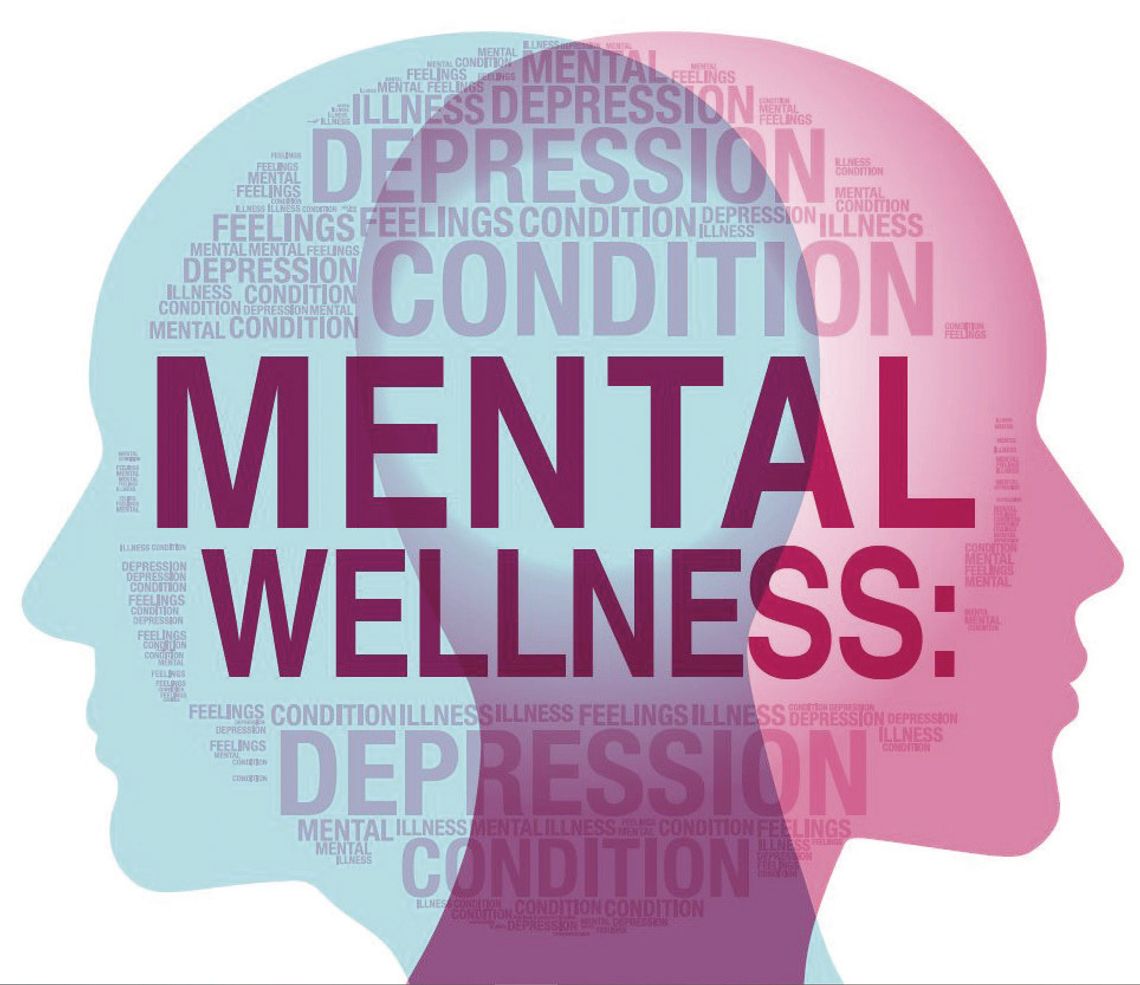More and more of us know that mental health is a really important component of our overall health and well-being, just like our physical health. But, for a lot of us, mental health conditions, mental health resources, and conversations about mental health can often feel difficult and out of reach. This May, for Mental Health Awareness Month, we’d like to share some practical mental health information and tips for improving our mental wellness.
Mental health is a priority locally. In South Heartland’s four-county Community Health Improvement Plan, we have a goal to improve mental health in our communities through prevention and by ensuring access to appropriate, quality mental health services. One of the ways we are working on this is by promoting mental health screening and assessment, to help people identify concerns and be referred to services they need.
Having a better understanding of mental health and wellness can help if we or someone we know is experiencing a mental health condition or crisis.
Some risk factors for mental health conditions include: 1) trauma, which can be a one-time event or can be ongoing; 2) your environment and how it impacts your health and quality of life (also known as social determinants of health - factors like financial stability and health care access); 3) your genetics/what’s coded in your DNA; 4) your brain chemistry; and 5) your habits and your lifestyle, such as the quality and amount of sleep you get. Some of these we don’t have any control over, but there are steps we can take to make changes in those things we DO have control over, and these steps can improve our mental wellness.
As a first step, we can each ask ourselves some simple questions to screen for changes in our mental wellness:
• Have things that used to feel easy started feeling diffi cult?
• Does the idea of doing daily tasks - like making my bed - now feel really, really hard?
• Have I lost interest in activities and hobbies I used to enjoy?
• Do I feel irritated, possibly to the point of lashing out at people I care about? There are also online assessments, where screening is an anonymous, free, and private way to learn about your mental health and any symptoms to follow up on. For example, Mental Health America has mental health screening tools available their website, including online self-tests for depression, PTSD, attention-deficit/hyperactivity disorder (ADHD), anxiety, and more.
A screening is not a diagnosis, but it can be helpful for starting a conversation with your doctor or a loved one about your mental health. We encourage you to consider talking to someone you trust about your results, and to seek out a professional for needed support.
Creating positive habits is a great way to improve our mental health–this is true when we’re doing well and also helps us build skills to use if we do face symptoms of a mental health condition.
Here are three important habits to strengthen: • FOOD CHOICES AND NUTRITION: The quality of food we eat can impact our overall physical and mental health.
• EXERCISE: Staying active benefits many aspects of health and can prevent physical and mental health symptoms from getting worse. Making time for exercise and movement each day improves self-esteem and brain function.
• SLEEP: Our health heavily depends on how rested we are. Sleep plays a role in our moods, ability to learn and make memories, organ health, immune system, and other bodily functions like appetite. Sleep also helps our body re-energize its cells and clear out toxins. The quality of our sleep matters, not just how many hours we get.
LOCAL RESOURCES
There are local resources, including your local public health department (South Heartland District Health Department), Region 3 Behavioral Health Services, South Central Behavioral Health Services, the Lanning Center, and our many community mental health providers working in schools and colleges, hospitals and clinics, and private practices across the health district.
Websites such as Mental Health America (mhanational. org) and Substance Abuse and Mental Health Services Administration (SAMHSA. gov), have practical mental health information, as well as resources like free, anonymous screening tools.
This month – take a step to make YOUR mental health a priority!
We encourage you to learn more. Take a free, confidential on-line screening. Contact South Heartland Health District for information on local mental health trainings. Get involved in local efforts to improve mental health in our communities, including helping to share mental health resources with area youth. While you may not need this information today, knowing the basics about mental health will mean you’re prepared if you ever need it, or when you might need it to support others!



